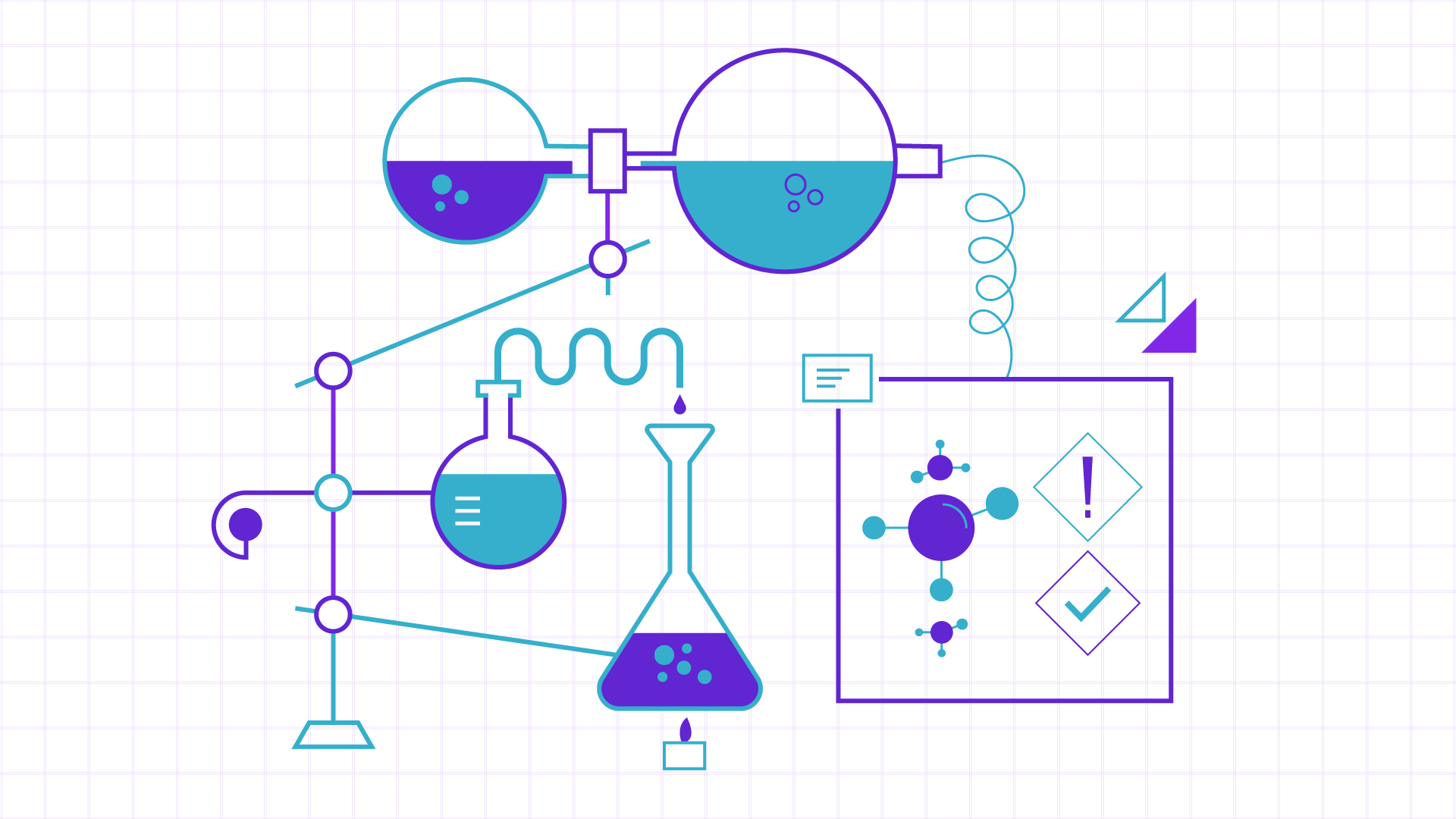
CRM (Customer Relationship Management)
What is CRM?
CRM or Customer Relationship Management system helps its users to build their organizational relationships with each of the concern individuals includes customers, service users, employees, and vendors. The system provides the relationship solution by accumulating data is from company’s different communication channels (website, direct mail, live chat, marketing materials, social media, etc.) and make them readily available to the staff who are rendering services to the customers directly. The system also records customer’s detailed information like contact address, purchase history, buying preferences and concerns.
Different aspects of CRM
The term CRM is not just software. It is a complete system to make sure the best services available for the business. There is three-border term under which this system can be used.
Technology: CRM in technology offers a product, mostly in the cloud, which records and analyze the various interaction between the company and the users.
Strategy: CRM in strategy refers to a business philosophy, which entails how the relationship between the customers and potential customers should be maintained.
Process: CRM in process thinks how a business should adopt and manage the different relationship within the system.
Why CRM?
- GATHERING INFORMATION:
CRM software accumulates data from the different interaction between the user and organization. It records data from email, telephone, website, social media profile and another public medium. The system is efficient to pull out information about the companies activity, and it can enhance a communication session by locating customer’s preferred style of communication.
- ORGANIZING INFORMATION
CRM system then organizes the accumulated data and provide a complete record of individual users or companies, so that the individual relationships can be tracked on a timely basis.
- IMPLEMENTING INFORMATION:
CRM system provides a holistic view of an individual customer by creating an entirely separate profile of every available information. By this, the company can understand the buying behavior and pattern of that customer. Through the information’s the relationship is further articulated and maintained.
Uses of CRM
The basic idea of CRM software is to identify and gather information from different communication history and record it to the CRM database for the usability by the business users.
But the system has changed a lot over time and continually enriching with different new ideas and innovations. Later, some functions like recording customer interactions over mail, phone, social media or other channels depending on the system capabilities, making different workflow automated and giving the managers the ability to easily track productivity and efficiency based on the information available in the system.
Marketing: CRM system has automated the repetitive task into one click and thus enhance the marketing efforts. The system can trigger marketing automation capability by offering different types of marketing materials via email or social media to the customer based on the sales prospects.
Sales: The CRM automated the sales force function by tracking the customer information and automated certain business decisions based on the previous customer preferences. These business decisions are necessary to follow and help to bring new customers.
Human resource management: CRM is an information management system. It can be highly beneficial for the Human resource management. Different HRM tasks like training & development, performance appraisal, compensation & benefits can be identified easily with the help of the system. The systemThis makes the HR department more efficient to develop and maintain the system.
Contact center: The problems come to the contact centers are identical. The CRM system can provide solutions to the customers for those identical situations. The result is significantly cut down in time of calls and a more simplified customer service processes.
Location-based services: People’s preferences define and dictate the location and culture they are brought in. With the help of popular location-based GPS apps, CRM systems can create geographic marketing campaigns. These technologies are also a great form of networking or contact management tool to find out sales prospect in a specific location.
Artificial intelligence: The integration of AI can enhance the CRM system into its next version. AI can identify repetitive tasks, identify customer-buying behaviors and predict future buying pattern.
Types of CRM technology
On-premises CRM
This CRM system is responsible for the administration, security, control, and maintenance of the company. In this approach, the company buys the license of the software. The software is installed on the company’s servers, and user bears the cost of an upgrade. This system serves complex CRM needs.
Cloud-based CRM
Cloud bases CRM has other names, software as a service (SaaS) or on-demand CRM. In this system, the data is being stored in an external remote network, and the concerned person with valid identification can access them anytime, anywhere. This requires an internet connection and the installation and maintained are being done by a third-party provider. The deployment capabilities of this system are quick and relatively easy, and it is cost-effective. Companies with limited technological expertise prefer this service. However, the data security is a prior concern in this aspect as the server is not in the company’s physical location. Compatibility issues is another factor to consider while migrating companies internal system to the cloud.
Open source CRM
Open source CRM is a public CRM. The source code of the software is general, and any company can alter them to their own needs to use the software in their system. Open source CRM can create a collaborative approach by assisting companies to improve social CRM practices.
Why cloud-based CRM system?
The recent development of CRM system is its integration to the cloud system from the on-premise CRM is revolutionary.
In the cloud, the system is no longer needs to be installed on different computers and mobile devices. The organizations across the globe are enjoying the benefits of store data, software, and services into a secure online environment.
As a software company, CoreiBytes provides efficient SaaS to different organizations. The benefits of cloud-based CRM or SaaS can be identified by what has been stated on the website of CoreiBytes.
“For enterprises, both old and new, SAAS is becoming increasingly popular. In simple terms, it makes the task more comfortable for your business of any size or type. This new technology comes with a wide range of benefits. You do not need a high tech computer or huge capital cost to avail the service. You just need a proper internet connection, and we will take care of the rest. The administration task of your business becomes much smoother due to SAAS model. The responsibility of upgrading and security will fall on us once you take the service. All users will have the same version of the software because updates and patch management will be done automatically. The seamless integration and scalability that SAAS provides with only a monthly or yearly subscription cost are what makes it unique. Working remotely becomes more accessible through this which saves cost, time and increase productivity in the longer run.”
CRM challenges
- Lack of proper management to maintain the system will result in the total system failure.
- If information’s are not organized in a single interface, the company may fail to get the holistic view of a customer.
- Customer’s duplicate information.
- Lack of maintenance and cleaning up of old data arises the chance of data duplicity and inefficient data.



